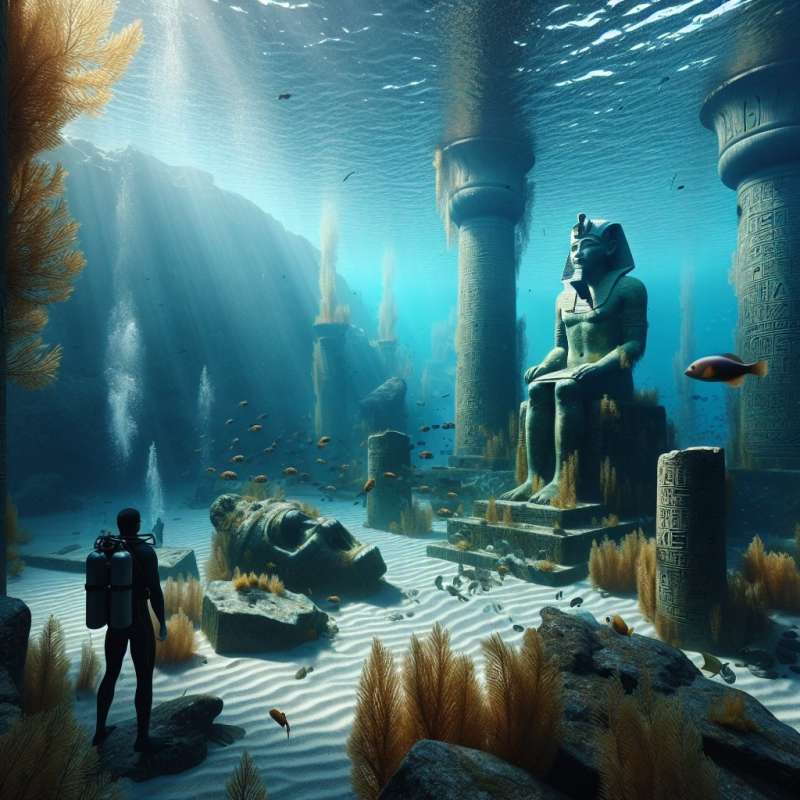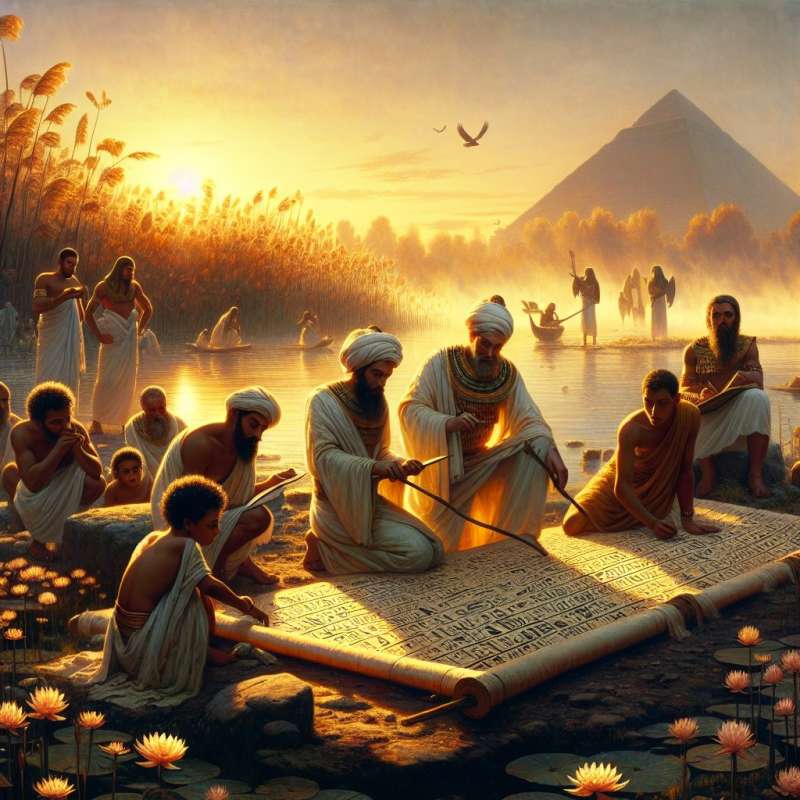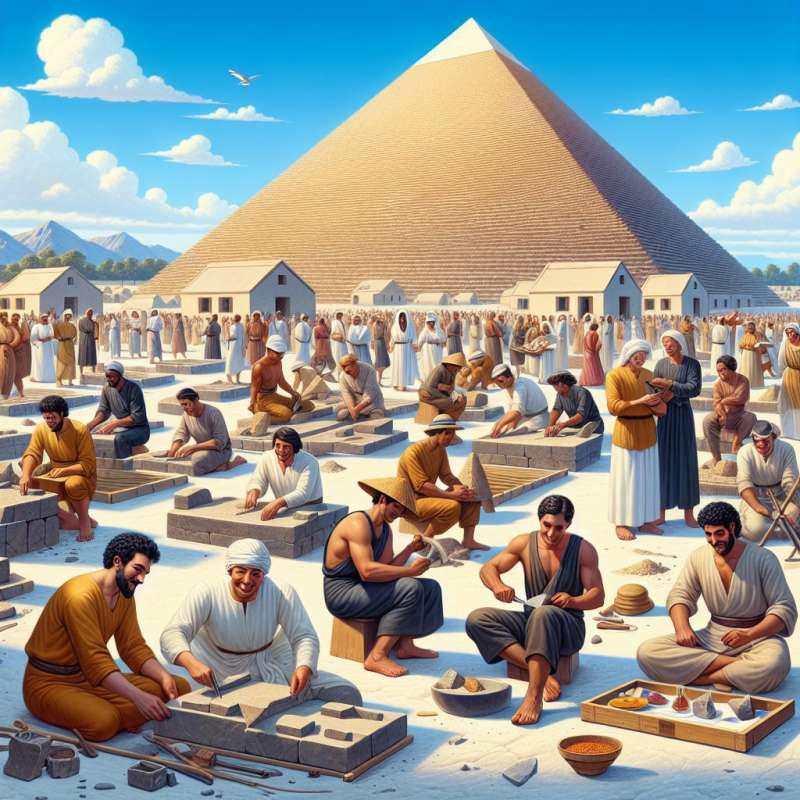
Ancient Egypt's Lost Capital
Thonis-Heracleion, a city lost for centuries beneath the Mediterranean, was Egypt's port of entry for trade and tax collection before Alexandria's prominence.
Hieroglyphics Decipherment Key
The Rosetta Stone, discovered in 1799, was pivotal in deciphering Egyptian hieroglyphics due to its inscribed texts in three scripts: Greek, Demotic, and Hieroglyphic.
Egypt's Advanced Medical Practices
Ancient Egyptians practiced complex medical surgeries and had an extensive understanding of anatomy, as documented in the Ebers Papyrus, a medical text from 1550 BCE.
Inventors of 365-Day Calendar
To predict the annual flooding of the Nile, Egyptians developed a 365-day calendar, the basis for the modern calendar, divided into 12 months of 30 days plus 5 extra days.
Pharaoh Ramses II's Legacy
Ramses II, known as Ramses the Great, reigned for 66 years and is remembered for his architectural legacy, including the temples at Abu Simbel.
The Mystery of Tutankhamun
King Tutankhamun's tomb, discovered almost intact in 1922, sparked global interest. His cause of death remains a mystery, with theories ranging from murder to an infected leg injury.
Pyramids: Not Built by Slaves
The Great Pyramids were not built by slaves but by paid laborers. Archeological evidence shows they lived in well-kept villages and received rations.Mummified Crocodiles
Ancient Egyptians mummified crocodiles for religious purposes, some over 16 feet long, to honor the crocodile god Sobek.
What was Thonis-Heracleion's role?
Capital city of ancient Egypt
Port and tax collection site
Invention place of hieroglyphics
Company